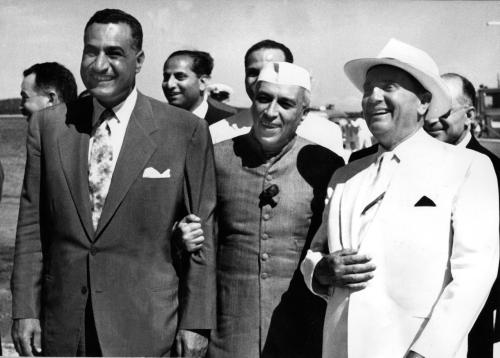French President François Hollande Visits Côte d’Ivoire, Niger and Chad
On Thursday, Côte d’Ivoire’s president, Alassane Ouattara, hosted François Hollande for the first time. Since France is the main trading partner of this West African country, the meeting was dominated by trade issues. President Hollande is also scheduled to visit Niger (Friday) and Chad (Saturday). In Niger and Chad, Hollande is expected to make stops at military bases in the two countries to discuss expansion of French military interventions in the Sahel. These security-themed visits follow a new Mali-France defense agreement that was signed on Wednesday that allows France continue to maintain an intelligence-sharing role in Mali in addition to training and equipping Malian troops.
South Africa Raises Interest Rate and Offers Euro Bonds
Expert opinions diverged this week on whether the South African Reserve Bank’s Monetary Policy Committee should maintain or increase South African interest rates. At the moment, the Monetary Policy Committee is working to control inflation, which requires a higher interest rate. However, some experts report that the economy of South Africa is currently too fragile for an interest rate hike. The end result of the debate was a quarter of a percentage point increase in the South African benchmark rate to 5.75 percent. The rise in interest rates followed Monday’s announcement that car makers Ford and Toyota are halting production in South Africa, a result of a massive auto parts producer strike. The drop in automotive production has most economists worried about the country’s growth rate.
South Africa, Côte d’Ivoire and Senegal Offer Bond Sales
South Africa also joined other emerging market countries in offering euro bonds in its first sale in eight years. Côte d’Ivoire also offered bonds this week. Despite the fact that the country recently defaulted on debt, the West African country received $4.75 billion in bids, showing increasing investor confidence. Similarly, Senegal releases its sukuk, a $208 million Islamic bond today. Senegal is working to meet the increasing demand for Shariah-compliant financial products: In the next 15 years, 17.6 percent of the world’s Muslims are expected to live in sub-Saharan Africa (up from 15 percent in 2010).
The Brookings Institution is committed to quality, independence, and impact.
We are supported by a diverse array of funders. In line with our values and policies, each Brookings publication represents the sole views of its author(s).



Commentary
Africa in the News: Hollande Visits Côte d’Ivoire, South Africa Raises Interest Rate, and Bond Sales on the Rise
July 18, 2014